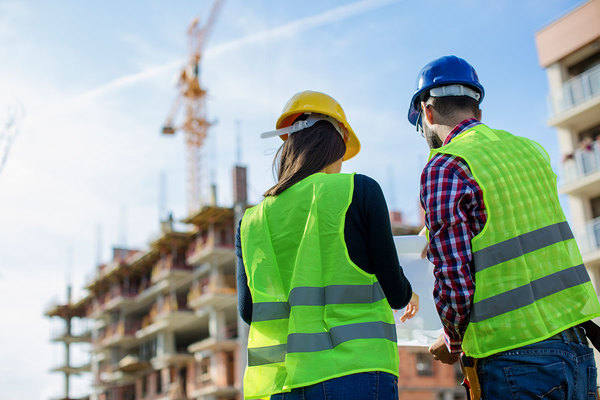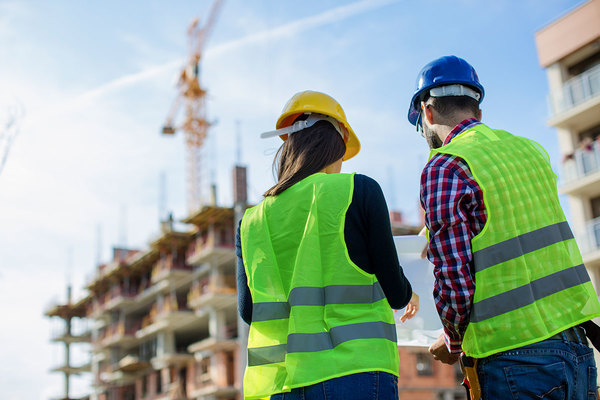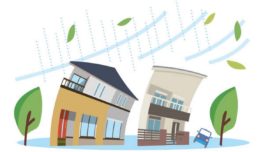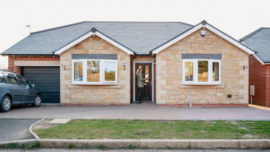
Building Control: Things You Should Know
Below is about building regulations and the things you should know.
Why do we have Building control?
The building control service is to ensure the health and safety in a built environment. They cover a lot such as stability of the building, insulation, ventilation, fire protection and fire escape. However, there are other precautions they take as well. Depending on the project you may be spared from some regulations however, you should always follow and comply with the building regulations. Building regulations will apply if you’re wanting to:
- Build a completely new property.
- Extend or change existing property.
- Provide services in a property.
Building control regulations
- A: Structure
- B: Fire safety
- C: Site preparation and resistance to contaminants and moisture
- D: Toxic substances
- E: Resistance to the passage of sound
- F: Ventilation
- G: Sanitation, hot water safety and water efficiency
Part A: Structure
Firstly, this regulation requires that the building is structurally safe and stable. Part A stipulates design standards for use on all buildings and gives simple design rules.
Part B: Fire safety
This covers all fire measures to keep the people in the building safe. In addition, the requirements cover escape, fire detection and warning systems. There are other requirements that need to be followed under fire safety.
Part C: Site preparations and resistance to contaminants and moisture.
Includes weather and water tightness of buildings, subsoil drainage, site preparation and measures to deal with contaminated land and all other site related hazardous and dangerous substances.
Part D: Toxic substances
Finally, the control of hazards from toxic chemicals used in insulation.
What happens if you fail to comply with building regulations?
If you fail to follow the building control regulations your local authority has the duty to take action. For example, by taking you to magistrate’s court. Your local authority can also make you demolish your work. Usually but not always the builder, installer or main contractor would have action against them. You can be prosecuted for up to two years after the completion of the project.
Difference between building control and planning
Building regulations sets safety standards for the construction of buildings. These requirements cover fire safety, health, fuel and power. Whereas, planning is seeking permission to do building works. The planning requirements are to make sure your plans do not affect you, your neighbours or the environment. Both have more requirements that need to be followed. These are separate processes.






